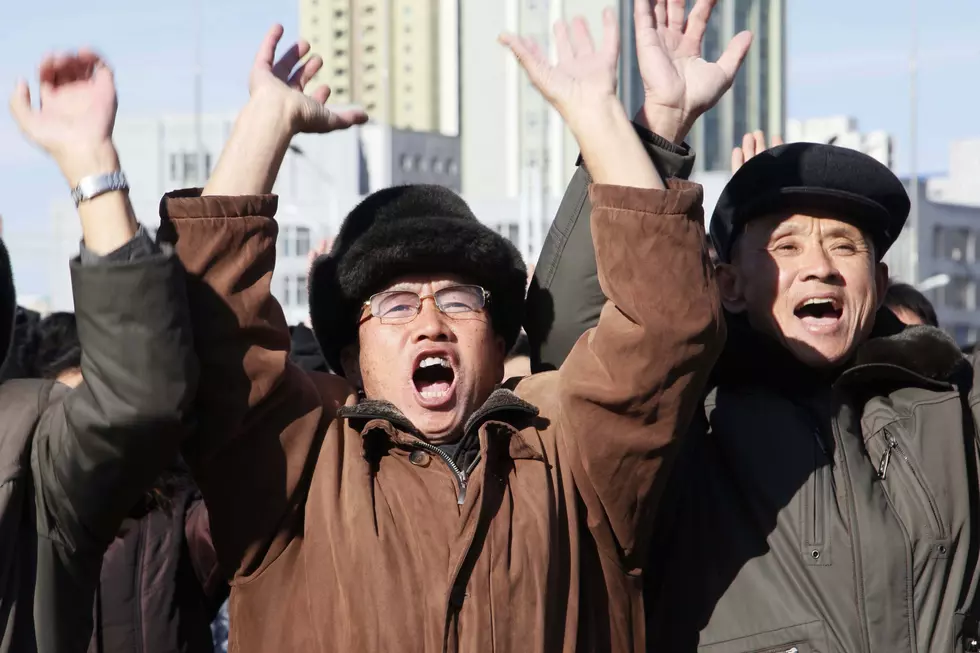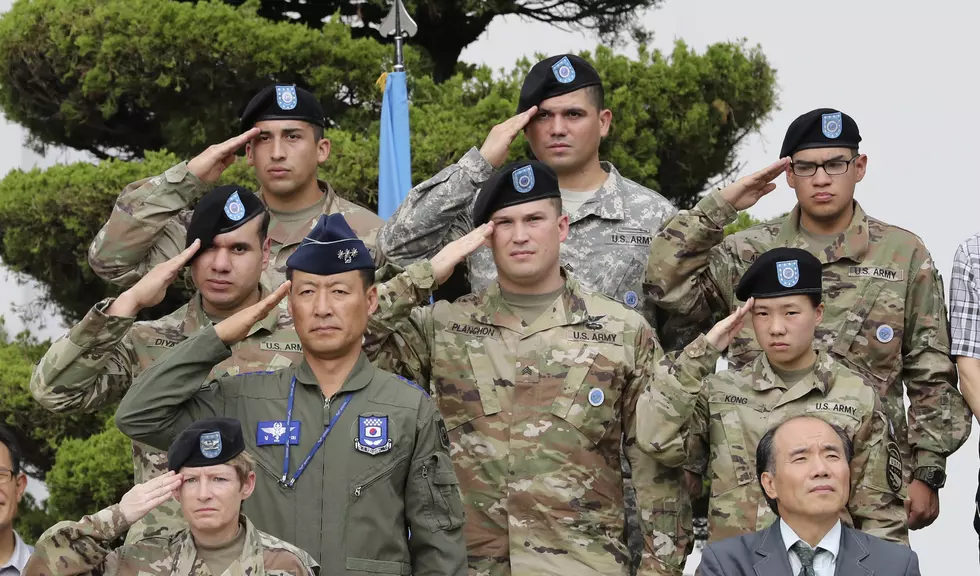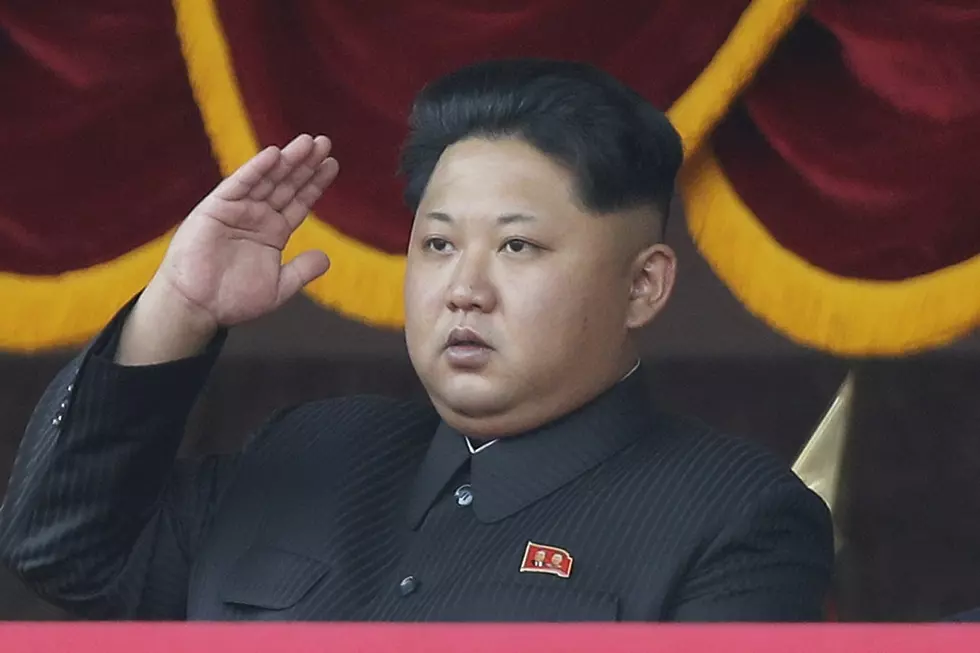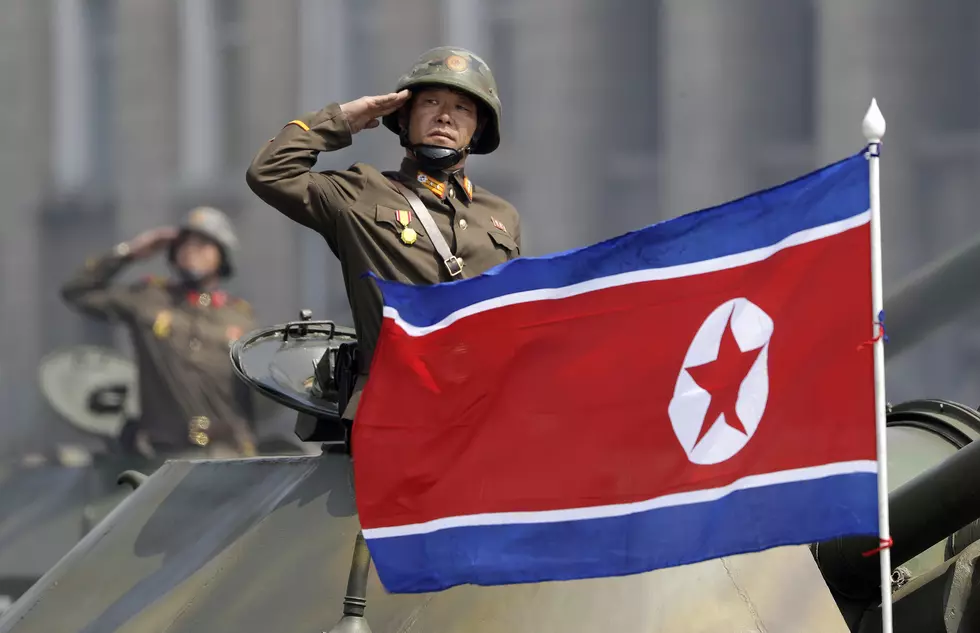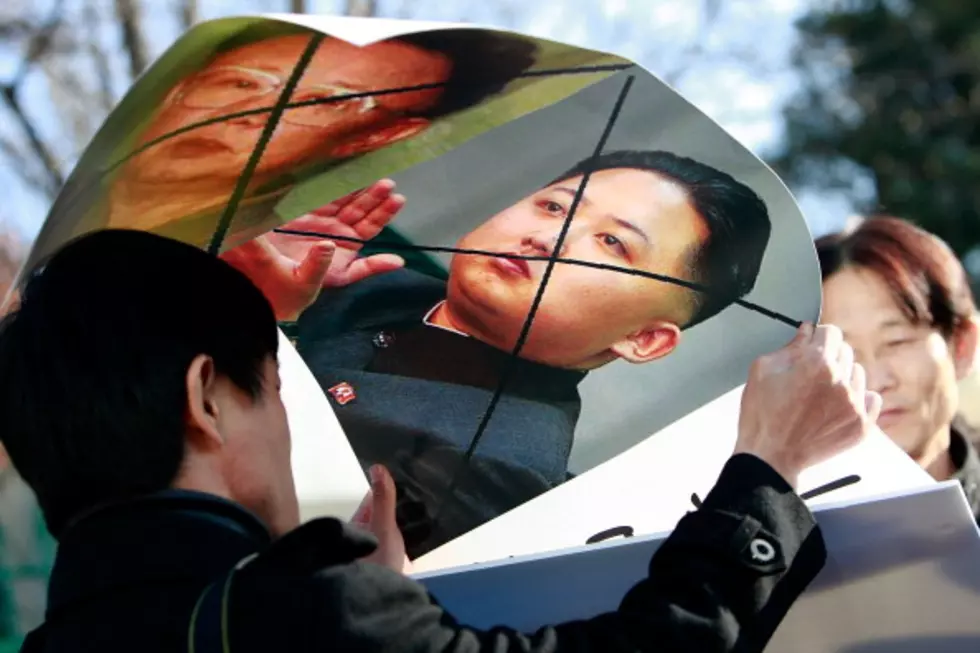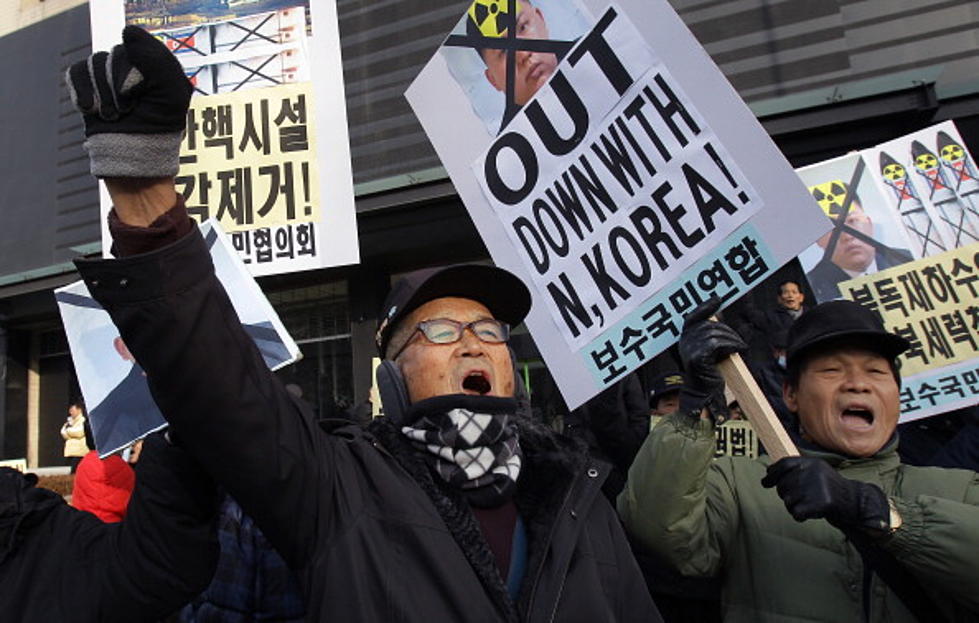
US lawmakers take aim at North Korea over terrorism
The United States treats North Korea as a pariah for its record on many issues: nuclear weapons, human rights, cyberattacks and money laundering among them. But not for terrorism.
Lawmakers in the House are pushing to change that with legislation to have North Korea designated as a state sponsor of terrorism, alongside Iran, Sudan and Syria, eight years after it was taken off the list to smooth the way for aid-for-disarmament negotiations that collapsed soon after.
A bill approved by a House committee Thursday calls for the State Department to report to Congress within 90 days on whether a list of purported acts by North Korea, including assassinations of dissidents and weapons sales to militant groups like Hamas and Hezbollah, constitute support for international terrorism. It's the most serious effort yet by lawmakers to get North Korea redesignated, but the legislation still has to clear the full House and Senate, and there's little time left in the congressional calendar for passage.
Rep. Ted Poe, R-Texas, who introduced the bill, said North Korea had been taken off the list for "completely diplomatic reasons" and had "conned" the U.S. He said it was time to put the country back on.
Rep. Eliot Engel of New York, the committee's top-ranking Democrat, said the bill would press the administration to conduct a review of the evidence against North Korea. He described the North as "reprehensible" but added, "there's a fine line as to whether they may or may not be a state sponsor of terrorism."
A State Department survey of terrorism worldwide published this month said North Korea "is not known to have sponsored any terrorist acts" since the bombing of a South Korean airliner in 1987 that killed all 115 people on board.
If North Korea was redesignated, it would not necessarily have an economic impact. North Korea is already sanctioned to the hilt -- including tough new U.S. measures imposed after a nuclear test explosion in January. The effectiveness of sanctions also requires cooperation from China, the North's main trading partner.
But a terror designation would intensify Pyongyang's isolation and further entrench a U.S. policy of cranking up the pressure on Kim Jong Un's government until it agrees to restart negotiations about denuclearization.
Victor Cha, who was director for Asia affairs in the George W. Bush White House, said a redesignation would complete a 180-degree about-turn by the Obama administration on how to deal with North Korea.
"It came in as an administration more positively pre-disposed to engagement than any other and will end its two terms with the toughest sanctions of any previous U.S. government," Cha said.
The Treasury Department this month resorted to one of its most aggressive measures: designating North Korea as a "primary money-laundering concern" to isolate the nation completely from the U.S. financial system and starve it of funds. A proposal currently under Treasury review would leave foreign banks at risk of exclusion from the U.S. market if they handle North Korea-related transactions. U.S. banks are already barred from dealing with North Korea.
North Korea was taken off the list in October 2008 in the last months of the Bush administration, an attempt to salvage a disarmament accord after the North relented on nuclear inspection demands. But the dispute over inspections persisted, and North Korea pulled out of the accord entirely in April 2009.
The test of whether a nation is taken off the list is meant to be whether it has supported international terrorism during the preceding six-month period. But politics plays a major part.
Cuba was designated during the Cold War mainly for its support of leftist guerrillas. It was finally taken off last year, as Washington and Havana moved to normalize relations after decades of hostility. The terrorism list was a particularly charged issue for Cuba because of the U.S. history of supporting exile groups responsible for attacks on the island.
North Korea has proved less amenable to rapprochement than nations like Cuba, Myanmar and Iran.
When Obama took office in 2009, offering to extend a hand to adversaries that unclenched their fist, North Korea responded within months with a nuclear test explosion. Since then, periodic North Korean provocations that have drawn progressively tougher U.S. and international sanctions, stymieing efforts to restart nuclear talks.
(Copyright 2016 The Associated Press. All rights reserved. This material may not be published, broadcast, rewritten or redistributed.)
More From New Jersey 101.5 FM
